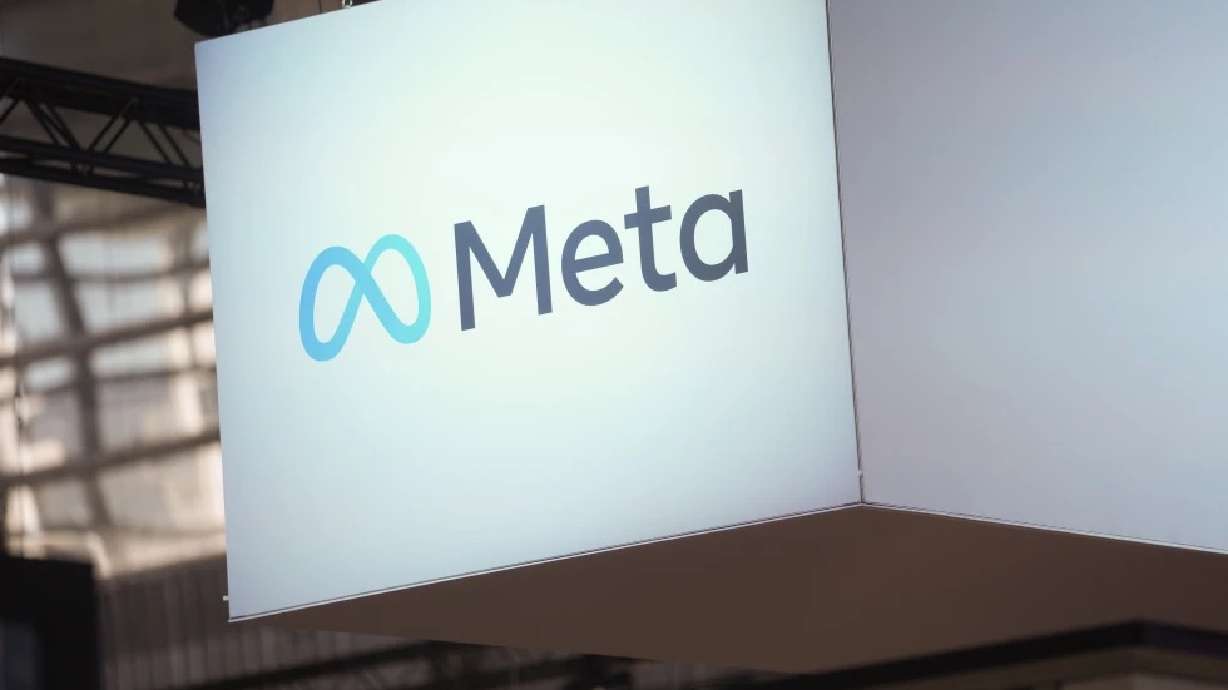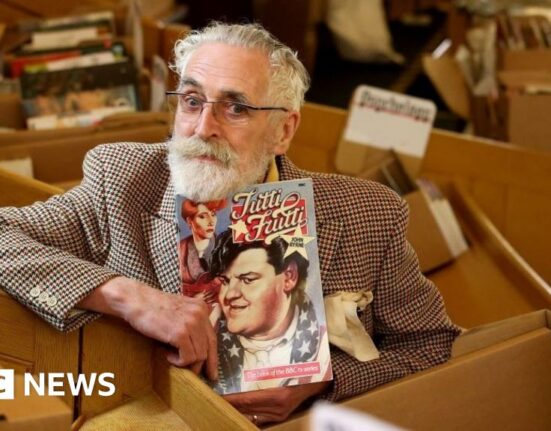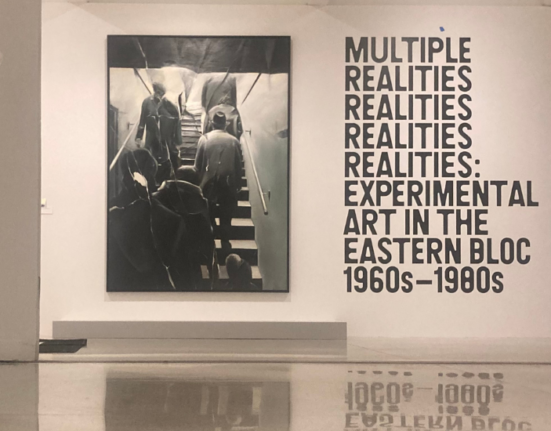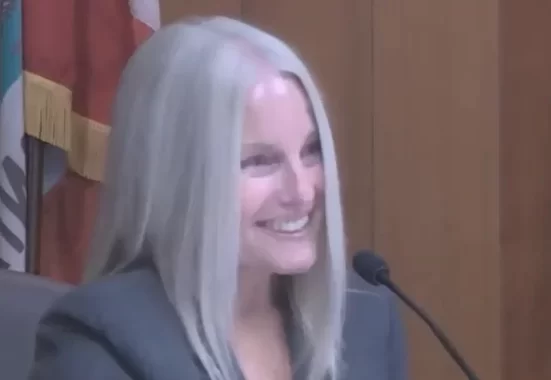SALT LAKE CITY — Meta is training its in-app artificial intelligence with copyrighted artwork, and some artists — many of whom post their work on Instagram to build a clientele and generate income — are upset.
Utah artist Rose Datoc Dall was “disenchanted” with Meta after her Instagram account was hacked several years ago and she said the company offered “zero support.”
Now that the platform is digitally scraping her posted artwork to train its AI, she says she feels “violated.”
“It’s pretty frightening,” she said.
A Meta executive said in May that the company views public Instagram posts as part of its training data for its in-app AI service. The company has not released any further statements in response to the outcry from artists who use the platform. KSL.com reached out to Meta for comment, but got no response.
So what does this policy mean for artists who use the app? It would allow Instagram users to ask Meta AI to create an image of anything — a tree, a building, a unicorn riding a unicycle, whatever — in the style of any artist they choose. This is already an issue for big-name artists, such as Banksy, Vincent Van Gogh and Salvador Dali.
If you ask Meta AI to generate a painting by Rose Datoc Dall, the results aren’t great. The AI-generated forms don’t have much in common with Dall’s, but the AI does maintain her signature blue and orange color palette. In theory, Meta AI should be able to produce more sophisticated imitations of Dall’s art as it continues to train on her posts.
Brian Kershisnik, another Utah artist, is concerned that people might assume he painted an AI-generated image. He worries there’s potential for Instagram users to use AI to create inauthentic paintings and sell them for profit.
“I’m enough of a snob that I don’t feel like a computer-generated image competes with an original painting,” Kershisnik said. “But the problem is there ends up being work out there that people don’t know the source is an actual painting.”
He believes Meta should inform users if their images are being harvested and reimburse them. “The fact that they’re offering nothing, to me, feels like very bad judgment,” he said.
Because European countries have stricter privacy laws, Meta gave users there advance notice of the AI scrape, which begins June 26. Americans are out of luck — the AI scraping has already begun, and anyone with a public account is at risk.
Some artists say they are particularly vulnerable because many of them have public accounts designed to attract business.
“I haven’t started to close my Instagram because it’s taken me 12 years to really build up my following,” Dall said. “It would be really difficult to recreate that somewhere else.”
Some artists have fled Instagram for Cara, a social portfolio platform designed specifically for artists. It’s a nice alternative, but Dall doesn’t know if she sees it as a long-term solution.
Cara was a relatively small site run by just one person before artists flocked to it for digital protection. It’s been a little buggy and has struggled to keep up with the sudden surge in demand, according to Dall.
But Cara does have some impressive tech on its side. The site uses Glaze, a tool from the University of Chicago that essentially masks digital art from AI. An image that uses Glaze technology will appear the same to the human eye as an untouched image, but it will look very different to AI models.
“I can’t prevent Instagram from using any of my previous posts (for Meta AI),” Dall said, “But I’ll use Glaze for all posts moving forward.”
Kershisnik plans to stop posting his art on Instagram altogether. He isn’t too worried about losing business because of it. In his experience, Instagram followers don’t often translate to customers.
“One advantage that I have is that my career was established in a very analog age, and I have always felt a little suspicious of heavy Instagram marketing,” he said.
Kershisnik sells most of his art through galleries instead of on a private website. He just uses Instagram supplementally.
However, he believes that for artists just beginning their careers, Meta’s new direction poses a serious threat.
“It’s something to be vigilant about, to stay on top of the technology, to keep protecting our work,” Dall said.







